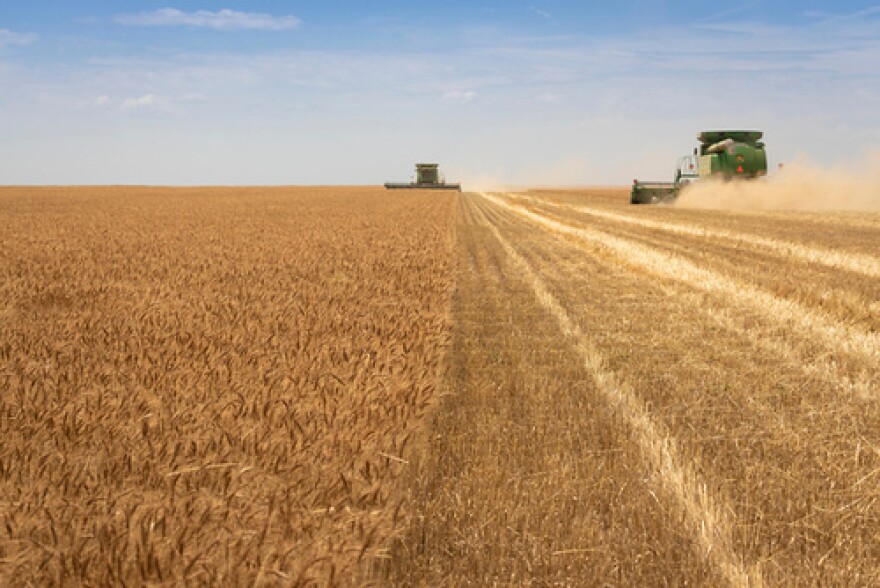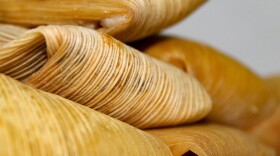Oklahoma could join other states in outlawing or restricting cell-cultured meat or meat grown in a lab from animal cell cultures.
In 2023, two companies received approval from the U.S. Department of Agriculture to manufacture and sell the product in stores. As Harvest Public Media reported, the companies are years away from reaching the mass market, but people have been examining regulations regarding the product.
Senate Bill 22, from Sen. Grant Green, R-Wellston, would ban people and entities from making for sale of cell-cultured meat for people to eat. Another measure, Senate Bill 99, tackles the same topic. Sen. Warren Hamilton, R-McCurtain, authored the bill to halt people or entities from producing or selling the meat.
Lawmakers could also consider more food regulations in Senate Bill 4, sponsored by Sen. Kristen Thompson, R-Edmond. The bill would prohibit the use of 11 substances, like food additives or food coloring, in food products.
On the list is Red Dye No. 3, which gives food and drink a bright red color. Earlier this month, the Food and Drug Administration announced a ban on Red Dye No. 3 after two studies showed it can cause cancer in male laboratory rats when exposed to high levels. The order becomes effective for food in 2027 and for medication in 2028.
Oklahoma would not be the only state to regulate these types of additives. In 2023, California banned four food additives. All are listed in the introduced measure.
Lawmakers are also looking at foreign land ownership. Among a handful of bills is House Bill 1546, authored by Rep. Kenton Patzkowsky, R- Balko, that would add specific countries – China, Iran, North Korea and Russia – to be considered as “foreign government adversaries” in state law.
In Oklahoma, people from outside the country who are not bona fide state residents can’t buy land. Last year, a new law banned a “foreign government adversary” or company controlled through such a government from owning land in the state.
Lawmakers could also look at bills relating to feral hogs. Feral hogs are a nuisance for producers, and they cause billions of dollars in damage every year, according to the U.S. Department of Agriculture. One measure, Senate Bill 478, authored by Sen. Dusty Deevers, R-Elgin, would remove a permit requirement to kill feral hogs at night.
Copyright 2025 KOSU







